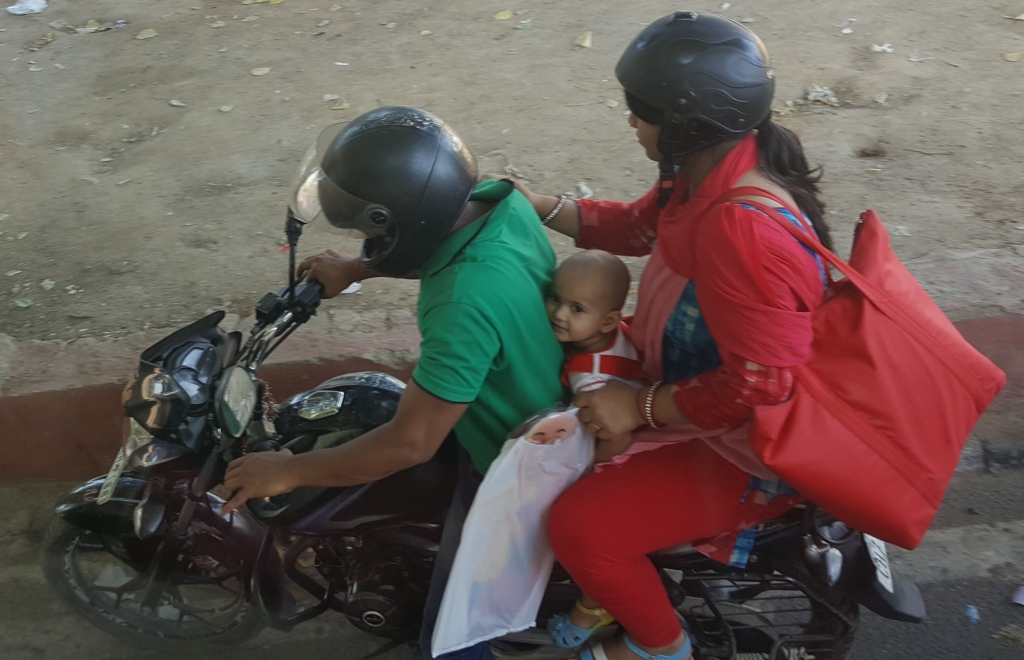The COVID-19 pandemic has profoundly affected the lives of countless people around the world, with women being the hardest hit.
Not only because they have a higher risk of COVID-19 infection due to their work in the health sector, but also because they are over-represented in professions where keeping your distance is more difficult and dismissals are more common. Many women have had to take a break from work to look after family members. In addition, women are often employed in micro and small businesses, where they are paid lower wages and have little legal and social protection. If in informal employment their situation is even more precarious. These factors make the decision to quit working life easier. This is how gender equality is reversed.
Activity rates show that there are record numbers of women leaving the labor market worldwide, and this trend could persist. The longer women stay away from the labor market, the higher the risk that their knowledge and skills will dwindle and that they will permanently lose their income and their prospects. Even before the pandemic, no country was able to fully achieve gender equality, as is the aim of the UN Sustainable Development Goals. In terms of access to (quality) education and participation in the labor market, as well as women-run businesses, such equality is now further away than ever before. Since the beginning of the pandemic, girls in low-income countries have been losing access to education in large numbers, says Triodos Investment Management in a communication on impact investing.
So-called “Inclusive Finance” can help achieve gender equality in the post-pandemic economic upswing. Without education, the chances of access to the labor market are considerably reduced. But women also encounter other obstacles in their professional lives. Access to credit is a major concern for small and medium-sized businesses worldwide. Insufficient access to financial services is a major concern. This situation will be exacerbated by the pandemic. Other barriers are closely related to the traditional role of women and the availability of childcare.
In general, financial integration enables people and companies to better manage and plan their economic situation. More precisely, “inclusive finance” can help make the post-pandemic economic recovery gender-sensitive. Some asset managers have been investing to generate social and environmental impact alongside a healthy financial return for decades already. One example is Triodos Investment Management.
Triodos Investment Management‘s claim is to place a high value on a number of sustainability criteria in its investments, including income, environmental protection and gender issues. In terms of gender equality, some of the barriers can be removed and women and girls enabled to participate in society. “The companies and financial institutions funded by Triodos Investment Management can enable women to develop their potential and participate in the economy”, according to the Triodos Investment Management.



















